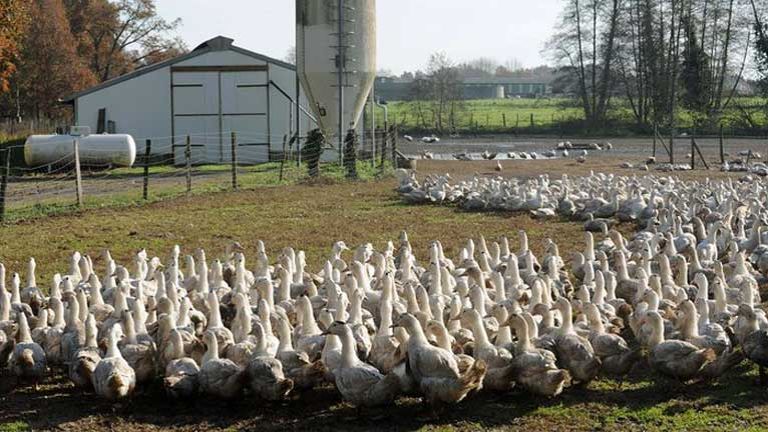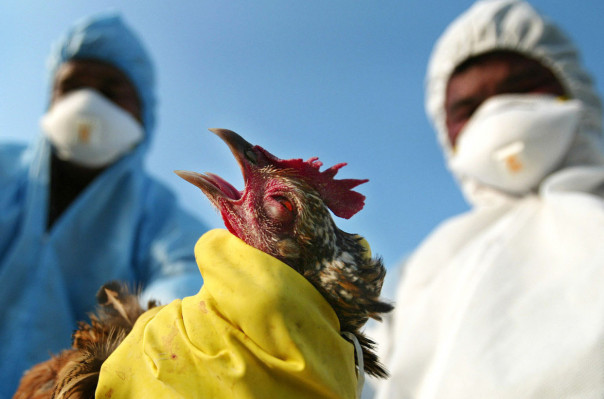AMSTERDAM – Authorities in Netherlands have culled about 190,000 ducks in an attempt to prevent the spread of bird flu across northern European countries.
The slaughter involved six farms, following the discovery of a virus in the village of Biddinghuizen, some 70km (43 miles) east of Amsterdam, the BBC reported.

Outbreaks of the highly contagious H5N8 strain have been reported in Denmark, Sweden, Germany and Finland.
The Dutch authorities have not said which strain is involved. Officials said they were checking for bird flu at farms within three kilometres of the original site and imposed a ban on transporting poultry products within a 10km (six mile) radius.
Bird flu
Last month, scientists said that monitoring birds on their long distance migrations could provide early warning of bird flu outbreaks.
Researchers said bird flu was carried by migrating birds from Asia to Europe and North America via the Arctic.
Avian influenza – bird flu – is an infectious disease of poultry and wild birds. The H5N8 strain first appeared in South Korea in early 2014. The virus later spread to Japan, North America and Europe, causing outbreaks at poultry farms between autumn 2014 and spring 2015.

Contact with infected wild birds or materials contaminated with their droppings were the most likely route of transmission. However, hundreds have been killed by the H5N1 virus, mostly as a result of direct or indirect contact with infected live or dead poultry. So far, no human cases of H5N8 infection have been detected.
There is no evidence that the disease can be spread to people through properly cooked food.
The World Health Organization (WHO) says that human infection with the H5N8 virus cannot be excluded, although the likelihood is low, based on the “limited information” at its disposal.














